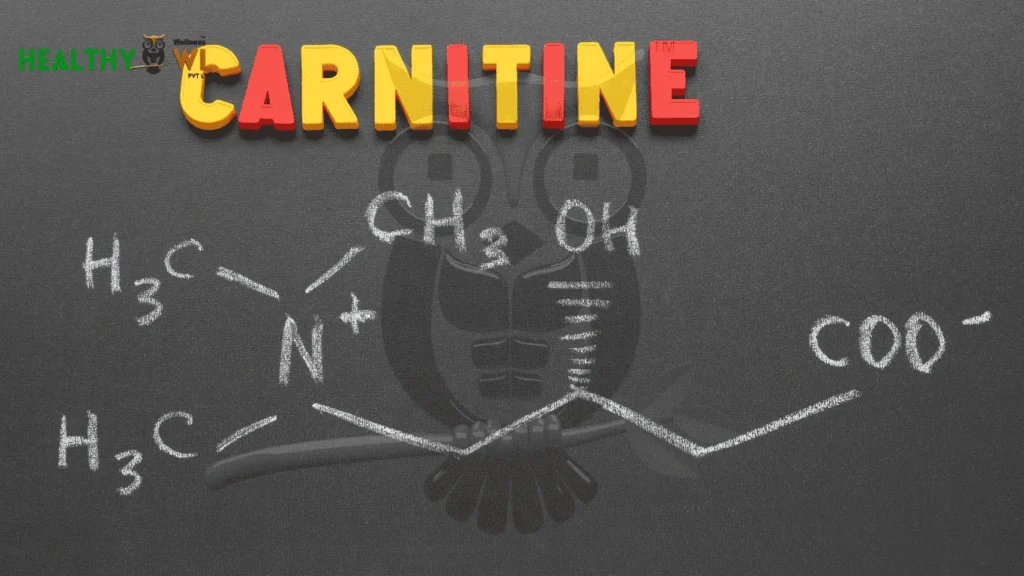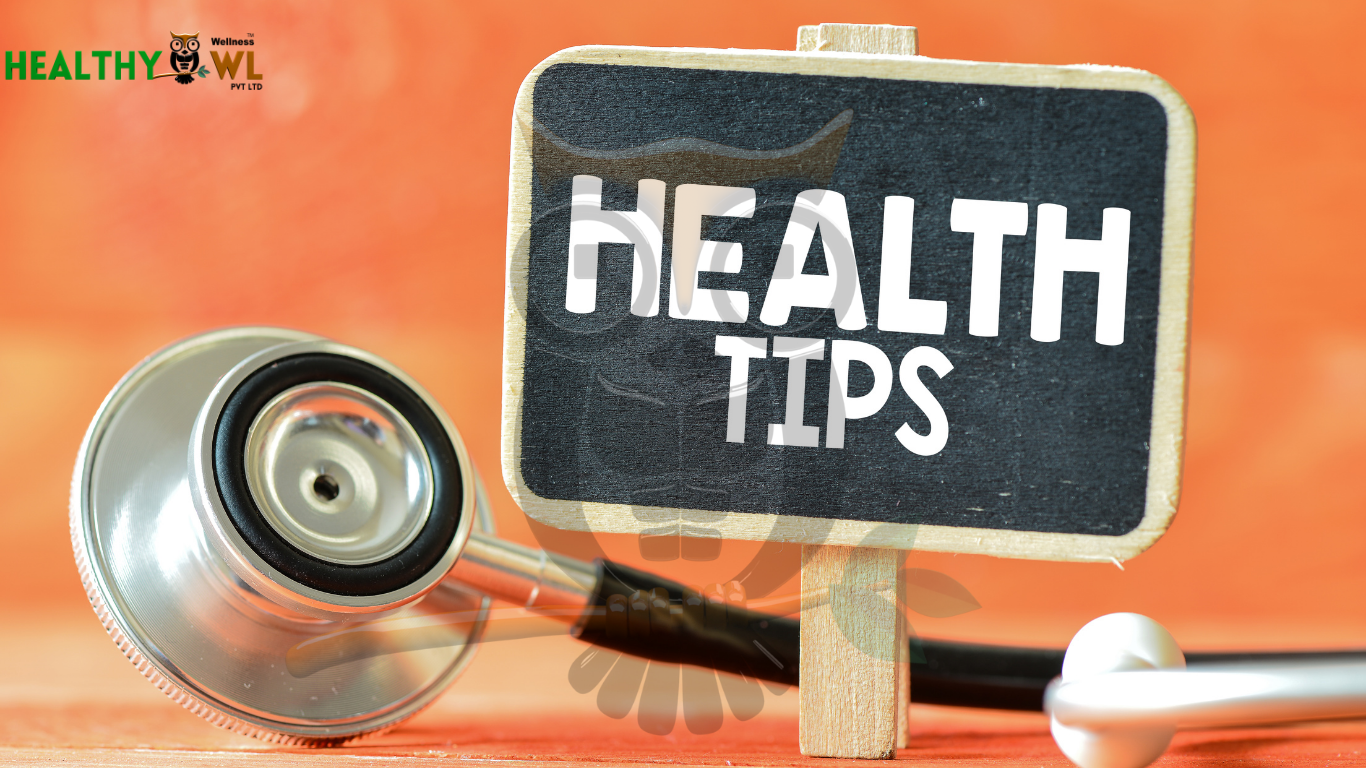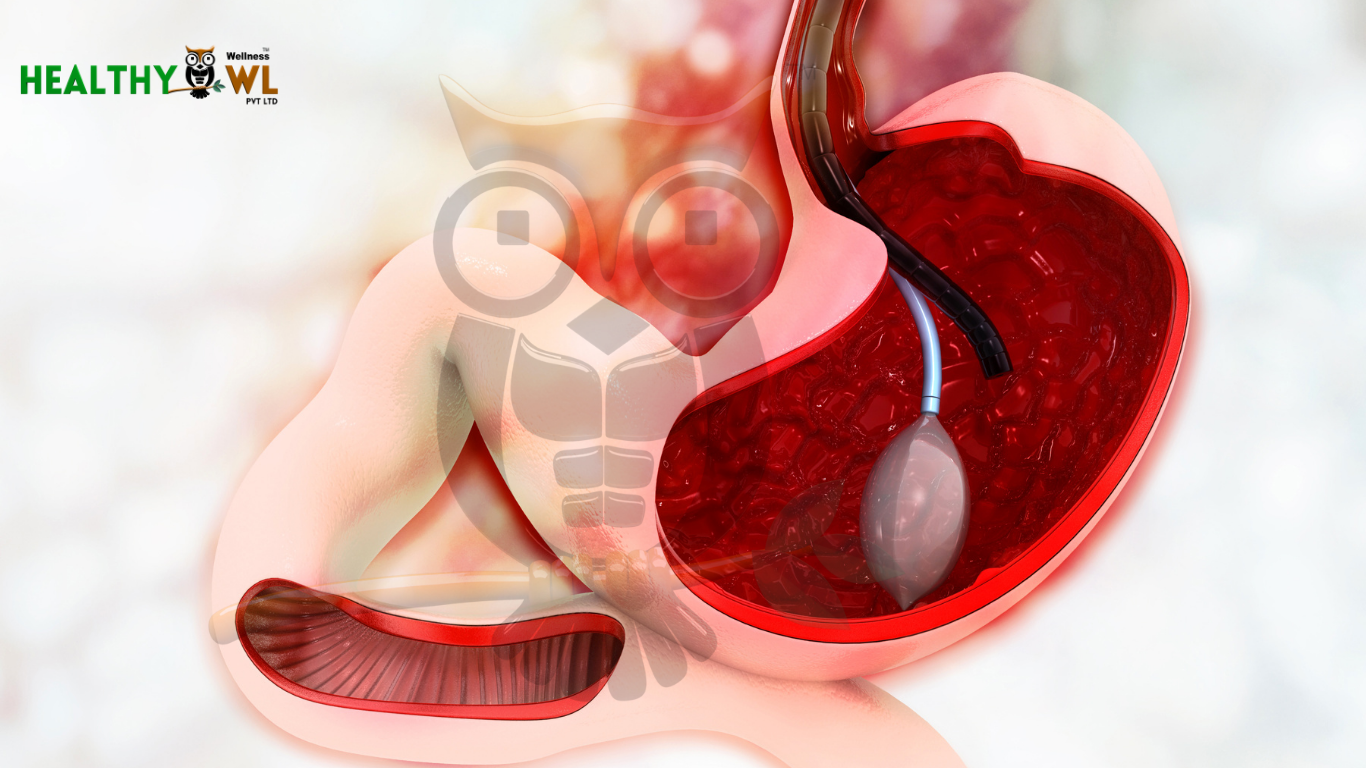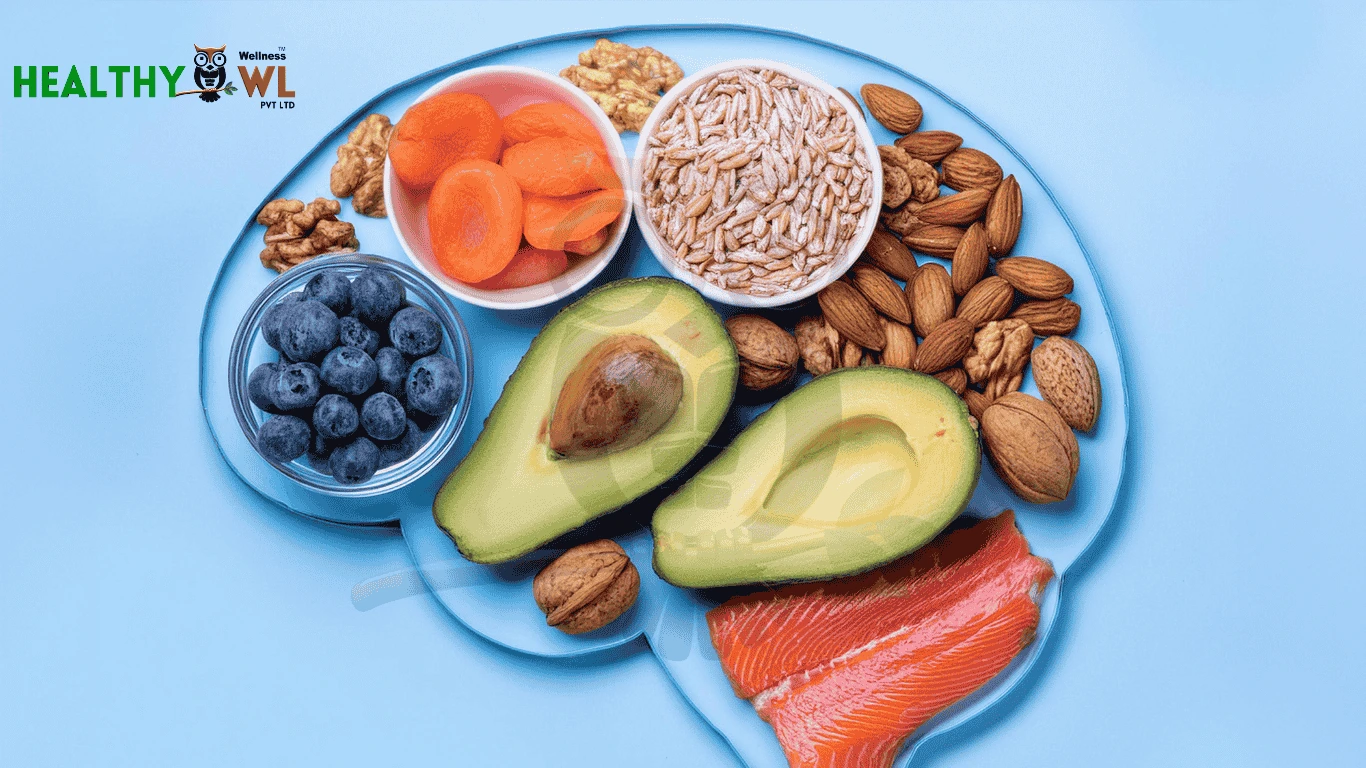Introduction: Why Mitochondrial Dysfunction Drives Aging
Mitochondria are often called the “powerhouses of the cell,” producing the energy (ATP) needed for nearly every biological process. Beyond energy, they regulate reactive oxygen species (ROS), cellular signaling, and even cell death.
But as we age, mitochondria become less efficient: they produce less ATP and leak more ROS. This creates a cycle of oxidative damage to DNA, proteins, and membranes, leading to mitochondrial dysfunction — now recognized as a hallmark of aging and a major contributor to age-related diseases like Alzheimer’s, cardiovascular disease, and metabolic disorders (BioSignaling Journal).
Anti-Aging And The Mitochondria Connection
Aging isn’t just about outward signs like wrinkles — it’s the progressive loss of cellular resilience. One of the strongest scientific models is the Mitochondrial Free Radical Theory of Aging (MFRTA), which highlights that excess ROS from mitochondria accelerates cell and tissue damage.
- Declining mitochondria = systemic aging. Less energy, higher oxidative stress, and inefficient repair mechanisms accelerate age-related decline.
- Preserved mitochondria = healthy aging. When mitochondria function optimally, cells maintain vitality, energy, and resilience.
This is where mitochondrial nutrients come in: CoQ10, α-lipoic acid (ALA), and carnitine directly support mitochondrial energy production and antioxidant defenses — helping to slow cellular aging and protect against chronic diseases.
Mitochondrial Nutrients: CoQ10, α-Lipoic Acid & Carnitine
1. Coenzyme Q10 (CoQ10)
- Role: Essential electron carrier in the mitochondrial electron transport chain (ETC), antioxidant, and stabilizer of cell membranes.
- Aging link: Natural CoQ10 levels decline with age, reducing energy efficiency.
- Evidence:
- In clinical trials, CoQ10 supplementation improved heart health and reduced cardiovascular mortality in elderly populations (Q-Symbio Study).
- In animal and human models, it protected neurons and improved mitochondrial function (ScienceDirect).
2. α-Lipoic Acid (ALA)
- Role: A universal antioxidant (both water- and fat-soluble), regenerates vitamins C and E, boosts mitochondrial enzyme activity, improves insulin sensitivity.
- Aging link: Supports mitochondrial biogenesis and reduces oxidative stress that accelerates aging.
- Evidence:
- Animal studies combining ALA and acetyl-L-carnitine rejuvenated older rats’ mitochondria, improving metabolic rate and reducing oxidative damage (PNAS).
- Human studies suggest ALA supplementation improves mitochondrial function and reduces oxidative stress markers (PMC).
3. Carnitine (especially Acetyl-L-Carnitine, ALCAR)
- Role: Shuttles fatty acids into mitochondria for energy production and buffers acetyl groups for brain metabolism.
- Aging link: Helps counteract age-related energy deficits in heart, brain, and muscle tissue.
- Evidence:
- Combined ALCAR and ALA supplementation reduced oxidative stress and improved mitochondrial function (PMC).
- Studies in humans suggest benefits in insulin sensitivity, NAFLD, and cognitive decline when combined with CoQ10 and ALA (Brieflands).
Practical Advice: Boosting Mitochondrial Health
Food Sources
- CoQ10: Oily fish (sardines, salmon, mackerel), organ meats (heart, liver, kidney), beef, peanuts, spinach.
- ALA: Spinach, broccoli, potatoes, yeast.
- Carnitine: Red meat (beef, lamb), poultry, fish, dairy.
Supplementation Tips
- Typical studied doses: CoQ10 (100–200 mg/day), ALA (300–600 mg/day), ALCAR (1–2 g/day).
- Best practices: Take CoQ10 with fat-containing meals for absorption; start with lower doses; consider combinations (CoQ10 + ALA + ALCAR).
- Safety: Generally well-tolerated; consult a healthcare provider if on medications.
Lifestyle Habits
- Exercise: Building New Powerhouses
Exercise is one of the strongest stimulators of mitochondrial biogenesis — the creation of new mitochondria. Aerobic exercise and resistance training activate PGC-1α, the “master regulator” of mitochondrial growth. Regular workouts help older adults maintain endurance, strength, and energy. - Sleep: Repair Time for Your Cells
During deep sleep, mitochondria repair oxidative damage and restore ATP levels. Poor sleep increases mitochondrial stress, accelerates aging, and raises inflammation risk. Prioritizing 7–9 hours of quality sleep protects both brain and body mitochondria. - Nutrition: Fueling Mitochondrial Function
Whole foods rich in antioxidants (berries, leafy greens), healthy fats (olive oil, nuts), and micronutrients (magnesium, B vitamins, iron, zinc) provide the raw materials mitochondria need for energy production and defense. - Intermittent Fasting: Cellular Housekeeping
Intermittent fasting or time-restricted eating activates autophagy and mitophagy, where cells recycle damaged mitochondria. This process improves mitochondrial quality, resilience, and efficiency. - Stress Reduction: Lowering Inflammation
Chronic stress raises cortisol, which impairs mitochondrial function and increases oxidative stress. Practices like meditation, yoga, and mindful breathing lower systemic inflammation, protecting mitochondrial health and slowing aging.
Longevity & Brain Health Benefits of Mitochondrial Nutrients
Healthy mitochondria don’t just add years to life — they make those years vibrant. Here’s how:
Sharper Brain & Better Focus
Your brain consumes about 20% of your body’s energy. With age, mitochondrial slowdown contributes to brain fog, forgetfulness, and diseases like Alzheimer’s.
- CoQ10 fuels neurons and reduces oxidative stress, helping protect memory.
- ALA recycles antioxidants in the brain, supporting clearer thinking.
- Carnitine helps brain mitochondria produce steady energy and supports neurotransmitters for learning and focus.
Translation: these nutrients help keep your mind sharp and memory strong.
Stronger Muscles & Active Aging
Mitochondria in muscle cells decline over time, leading to sarcopenia (muscle loss).
- CoQ10 reduces fatigue and supports endurance.
- ALA + Carnitine improve energy utilization and muscle strength, with studies showing better walking distance and grip strength in older adults.
This means more stamina and independence as you age.
Adding Life to Your Years
By protecting both brain and muscle, mitochondrial nutrients:
- Lower risk of falls and frailty.
- Keep energy steady for daily activities.
- Preserve independence and quality of life.
They don’t just help you live longer — they help you live better.
Integrating It All: A Holistic Anti-Aging Strategy
Anti-aging is not about stopping time, but slowing decline and extending healthspan. By combining mitochondrial nutrients (CoQ10, ALA, carnitine) with lifestyle choices (exercise, sleep, nutrition), we can directly target one of the root drivers of aging: mitochondrial dysfunction.
Supplements are not a replacement for healthy habits — but they can be a powerful ally in protecting energy, resilience, and longevity.
FAQs
Q1. Can mitochondrial nutrients reverse aging?
No. They can’t reverse aging, but they slow cellular decline, improve energy, and delay age-related diseases by protecting mitochondria.
Q2. Is diet enough, or do I need supplements?
Diet provides some nutrients, but levels of CoQ10 and carnitine decline with age. Supplements can help restore optimal levels when diet alone is insufficient.
Q3. Which is better: ubiquinone or ubiquinol CoQ10?
Ubiquinol is more bioavailable in older adults, but well-formulated ubiquinone supplements are also effective.
Q4. How long before benefits are noticeable?
Energy and antioxidant benefits may show within weeks; major changes in health markers often take several months.
Q5. Can exercise alone improve mitochondria without supplements?
Yes, exercise is one of the strongest natural ways to boost mitochondria. Nutrients complement but don’t replace lifestyle habits.
References
- BioSignaling Journal: Mitochondrial dysfunction in aging
- ScienceDirect: CoQ10 supplementation in aging and disease
- PMC: Role of α-lipoic acid in mitochondrial dysfunction
- PNAS: ALA + ALCAR in old rats
- PMC: ALA & ALCAR combined therapy
- Brieflands: CoQ10, ALA, carnitine in NAFLD












